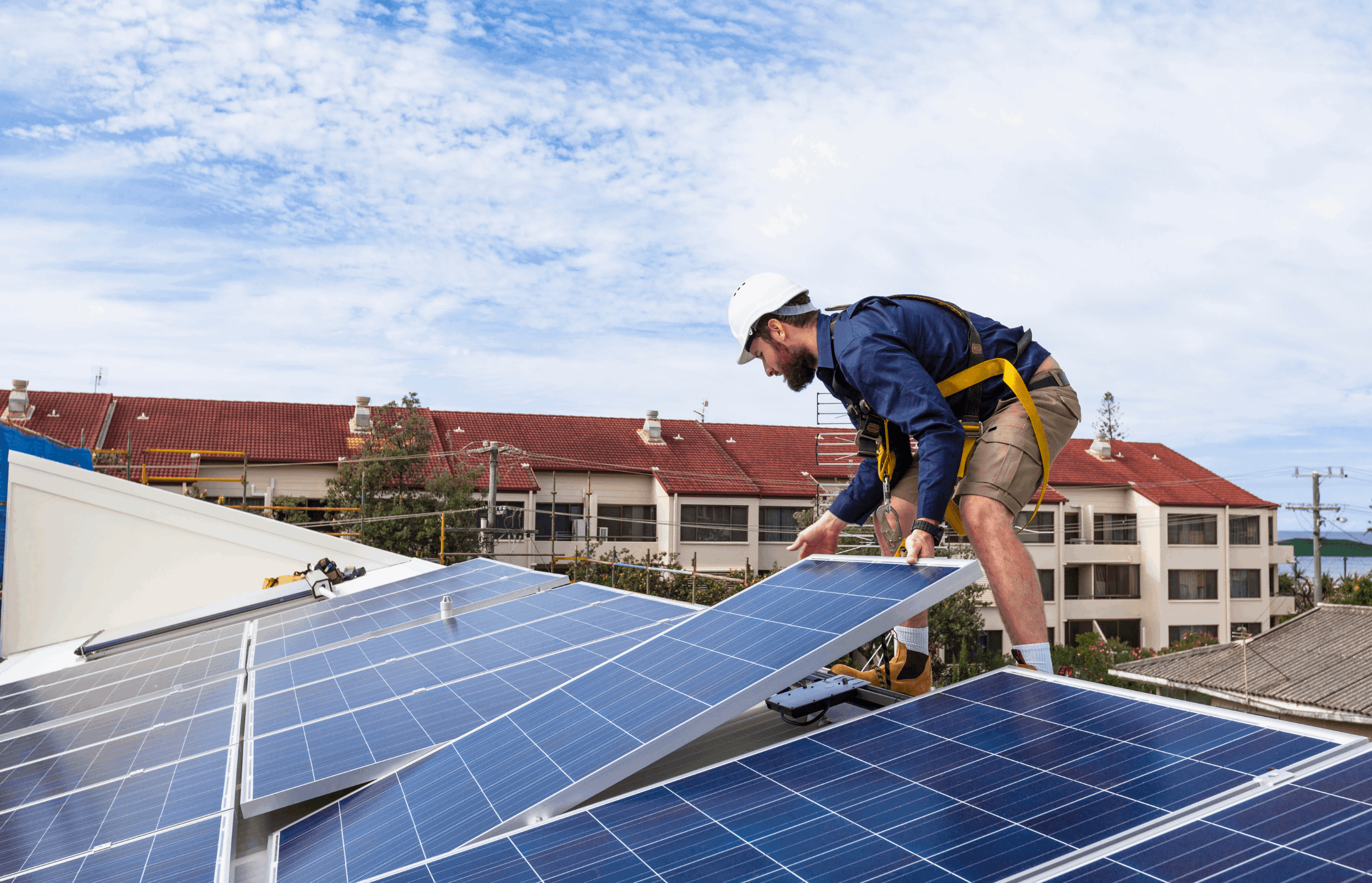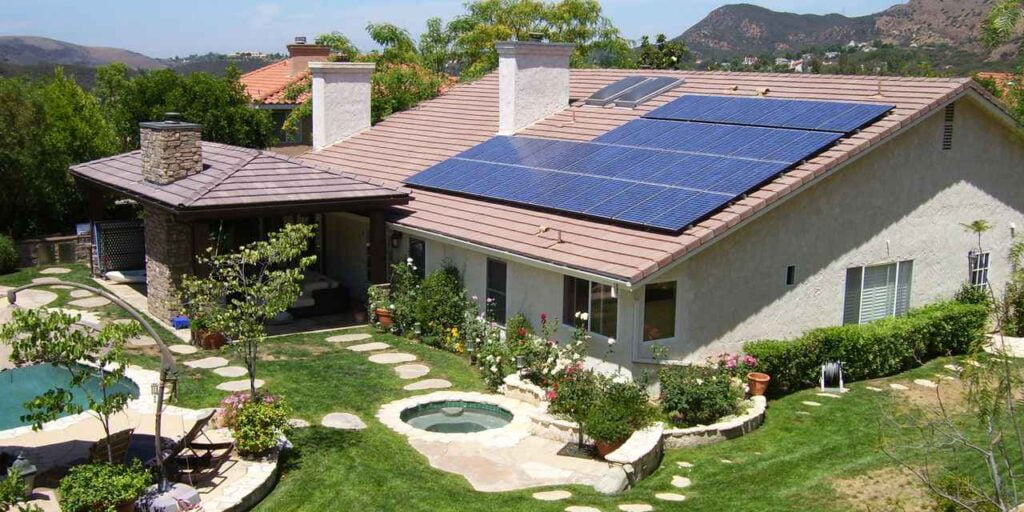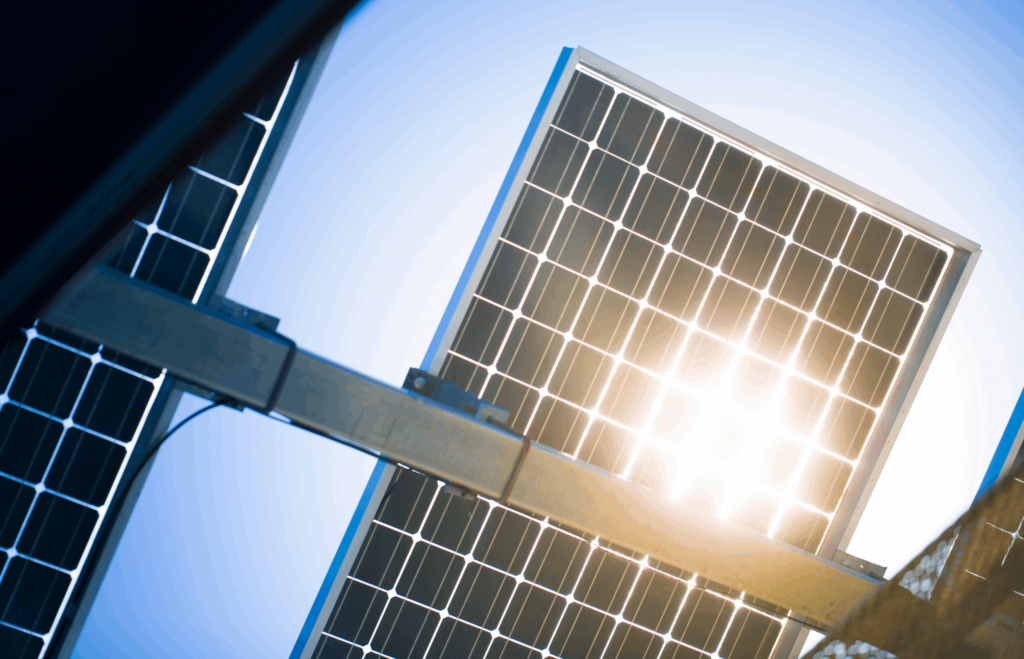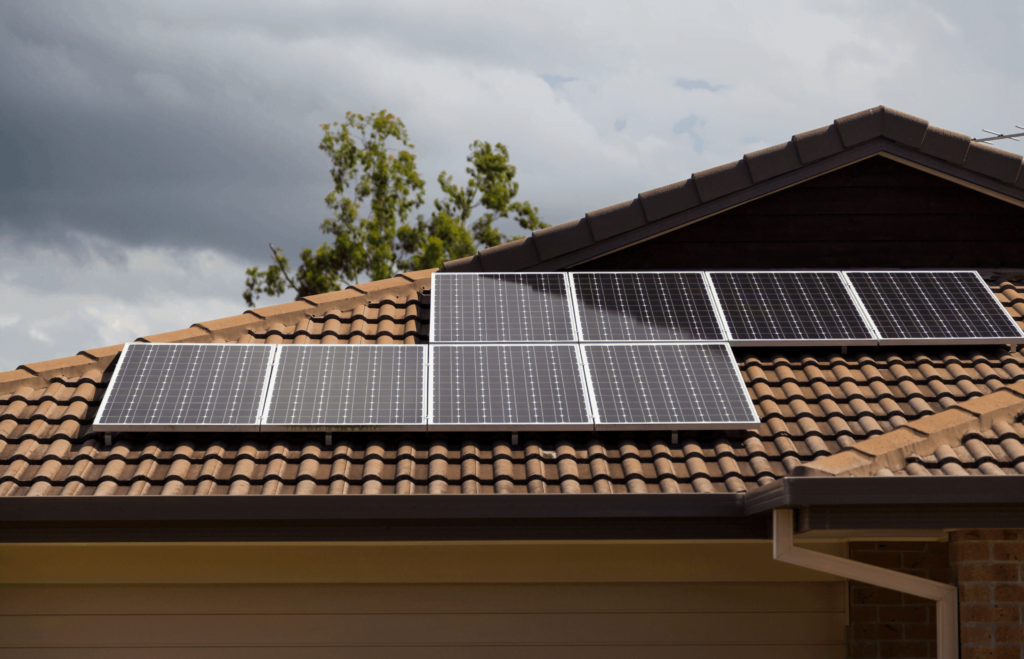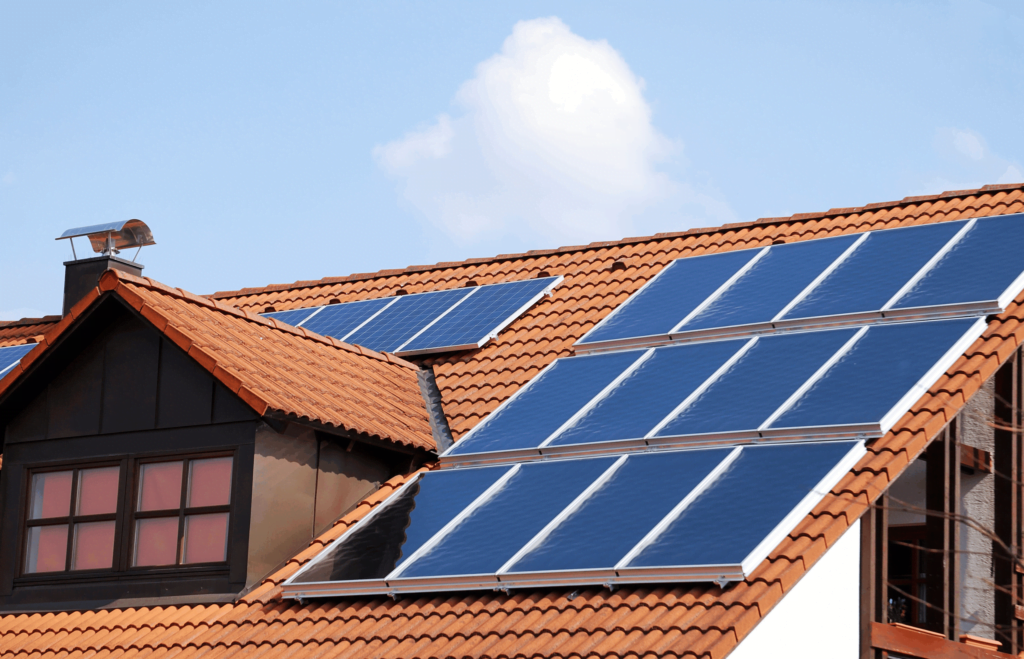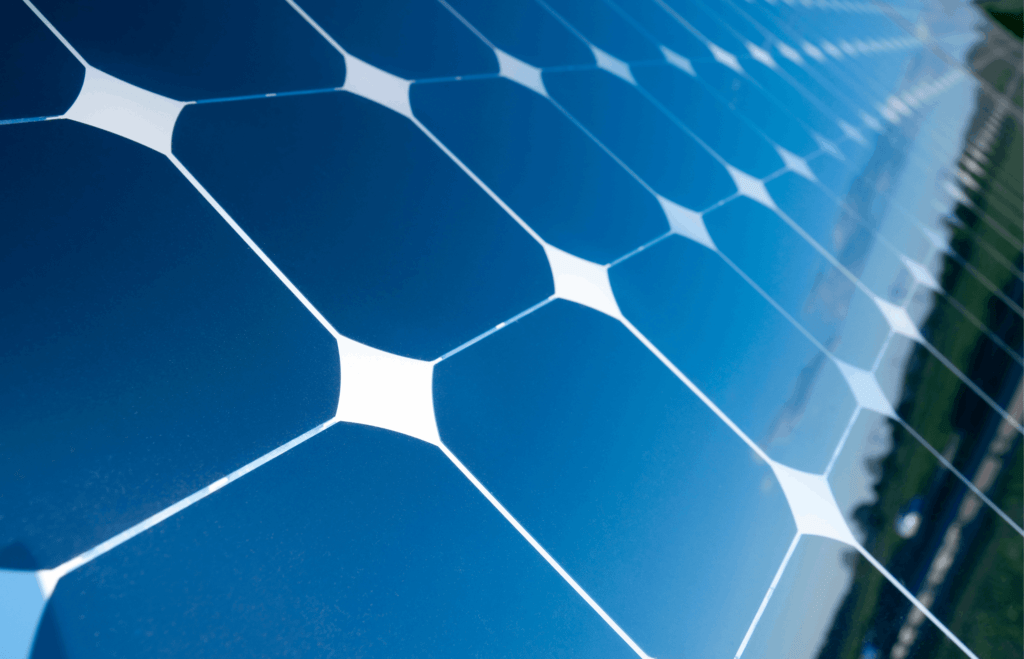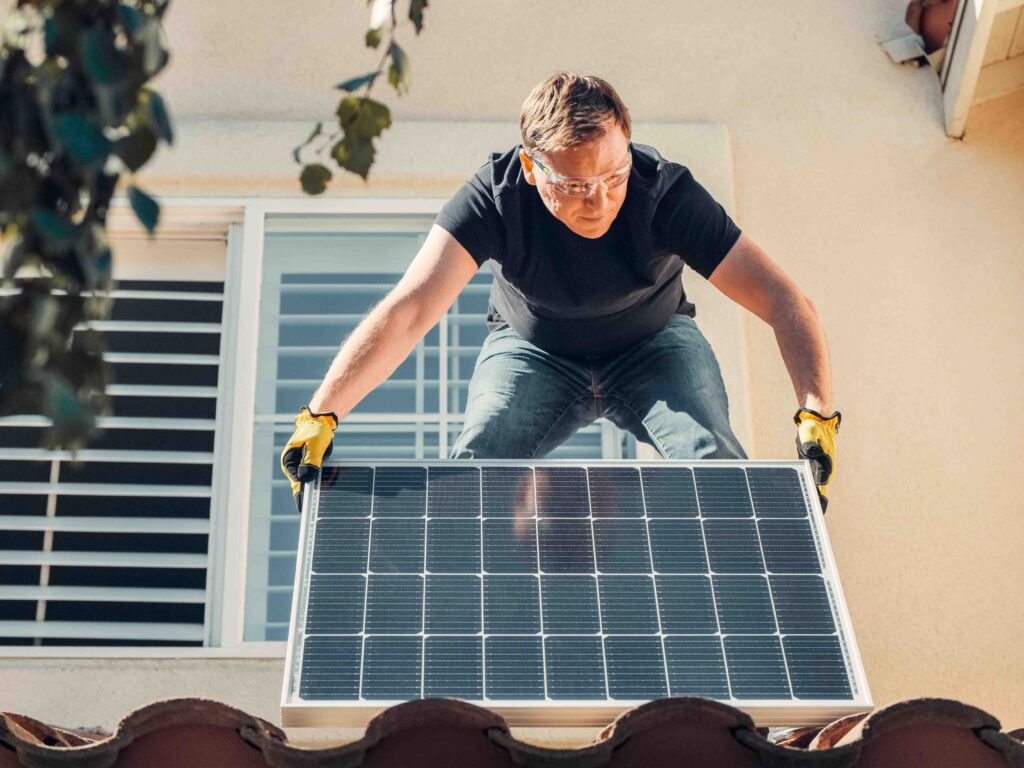With the increasing cost of electricity and the need for sustainable energy, solar panels have become a popular choice for homeowners. Using solar panels to power your home is an eco-friendly alternative, but it can seem like a hefty investment. To make the most out of your investment, it’s essential to maximize your solar panel efficiency. More often than not, poor maintenance, incorrect installation, and lack of knowledge on how to optimize its performance can hinder your solar panels from delivering their full potential.
In this comprehensive guide, we provide tips to maximize your solar panel efficiency. Whether you are new to solar panels or have had them for a while, these tips will help you make the most out of your solar panel system and save you money in the long run.
1. Keep Your Solar Panels Clean
Regular maintenance of your solar panels is essential. Dirt, debris, and other elements can accumulate on the solar panels, reducing their production efficiency. Clean your solar panels at least once a year, or twice if you live in areas where a lot of dust, dirt, or debris accumulates on them. A clean solar panel can perform up to 20% better than a dirty panel.
2. Optimize the Placement of Your Panels
The placement of your solar panels can play a significant role in how efficiently they perform. Solar panels should be installed facing south to capture the maximum amount of sunlight throughout the day. Avoid installing your panels in the shade or in areas where tall trees or buildings might obstruct sunlight. Proper placement ensures your solar panels work optimally to produce the maximum amount of energy.
3. Install a Battery Backup System
Investing in a battery backup system could be a significant factor in optimizing your solar panel’s performance. During peak hours, solar panels produce excess energy, which can be stored in a backup battery. This stored energy can be used during power outages or when sunlight levels are low. A battery backup system can save homeowners money on their energy bills and reduce their reliance on the grid.
4. Monitor Your Solar Panel System
Monitoring your solar panel system is crucial for optimizing its performance. By regularly checking your solar panel system, you can identify any technical issues that may be negatively affecting its efficiency. A solar panel monitoring system alerts homeowners to any issues or inefficiencies that may be present, allowing for quick and effective solutions.
5. Hire a Professional for Installation and Maintenance
While solar panel installation may seem like a DIY project, it’s recommended to hire a professional. Proper installation ensures that your solar panels are working safely and efficiently. Regular maintenance by a professional ensures optimal performance and early detection of any deficiencies. A professional also ensures that your solar panel system is up to code and is eligible for any tax incentives or rebates.
Maximizing your solar panel efficiency is essential for the best returns on your investment. Regular maintenance, proper placement, and a battery backup system can significantly improve your solar panel system’s performance. Additionally, regular monitoring and professional installation and maintenance ensure optimal performance. By taking these measures to maximize efficiency, homeowners can save money on their energy bills and reduce their carbon footprint.


